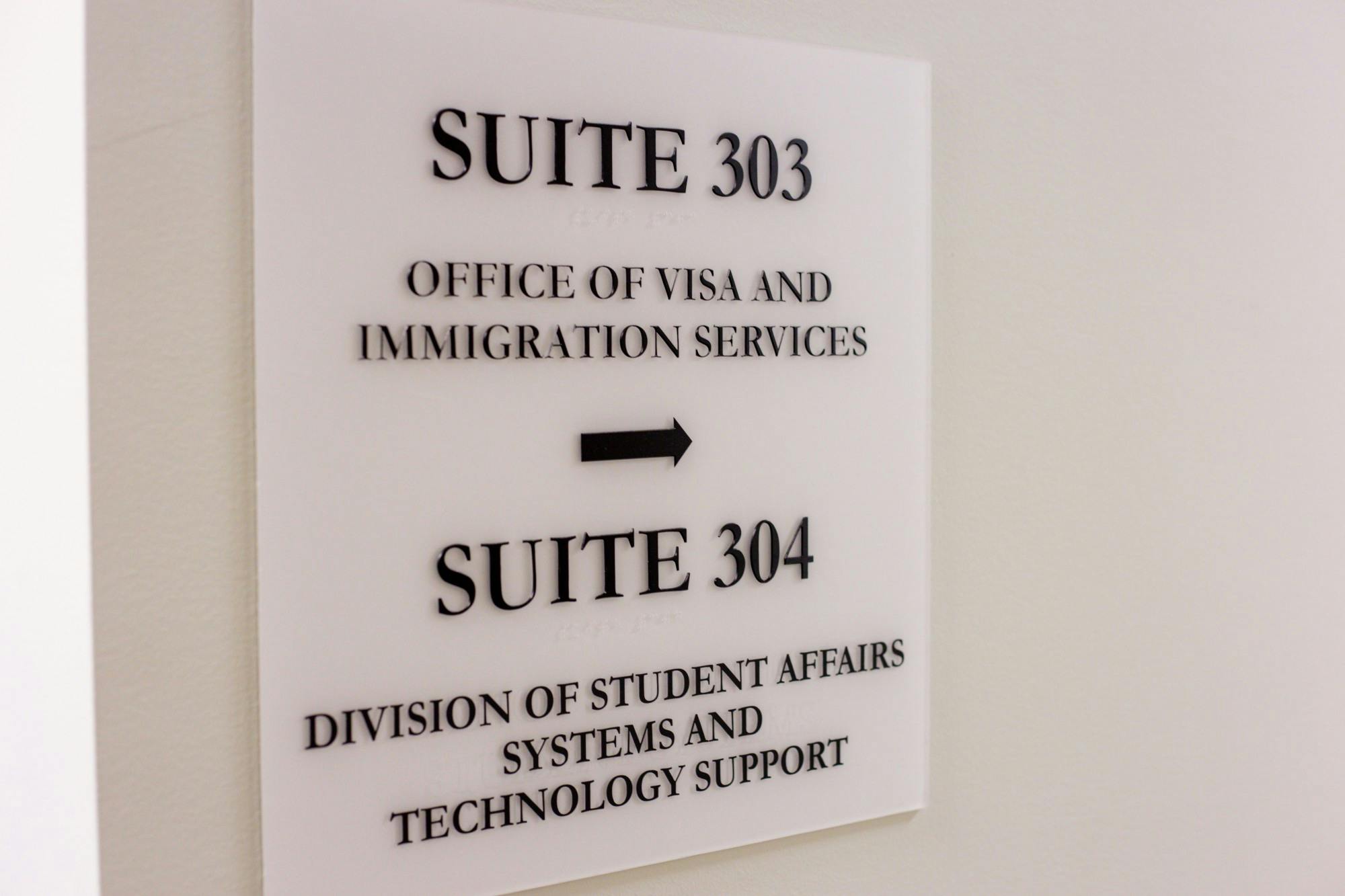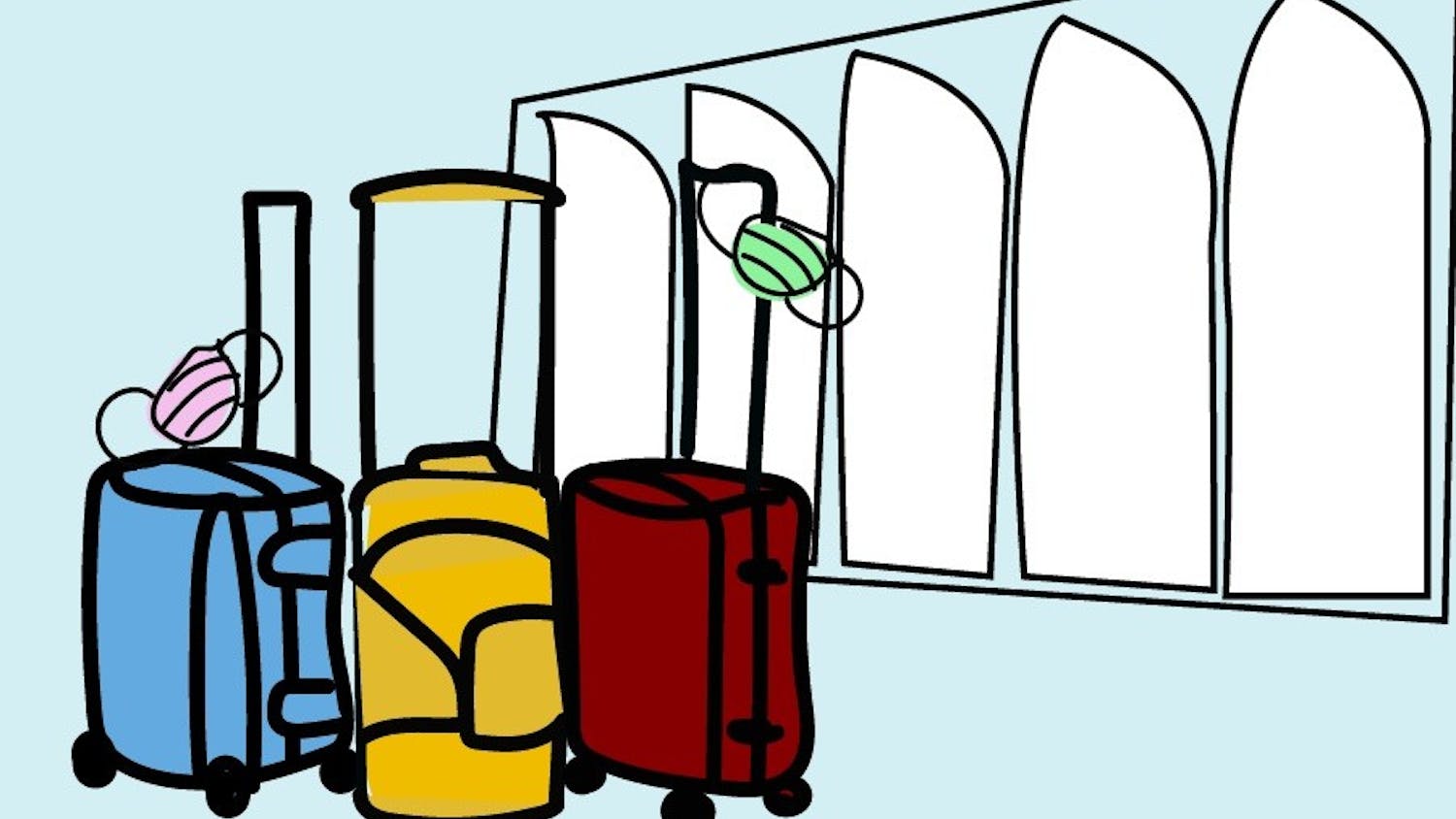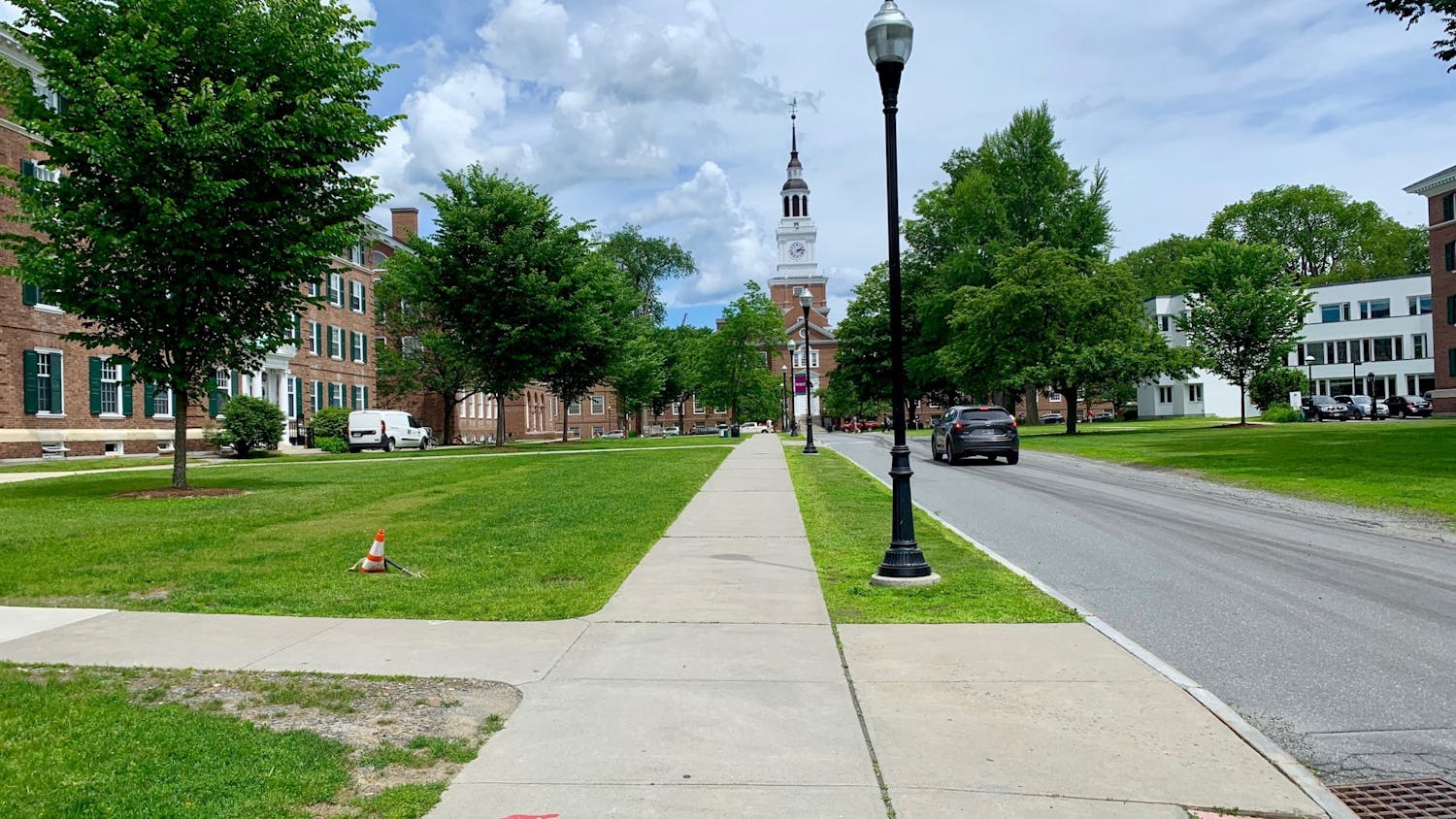Newly enrolled international students will not be able to enter the U.S. to take fully online courses at American colleges and universities during the fall term, the U.S. Immigration and Customs Enforcement announced in a press release on July 24.
The new regulations come 10 days after the Department of Homeland Security and ICE’s reversal of a July 6 order that would have prevented all international students, not just newly enrolled ones, from remaining in-country to attend U.S. universities offering online-only classes. These new rules prohibit designated school officials from issuing a Form I-20 — a document needed for international students accepted to Student and Exchange Visitor Program certified schools — to international students in a “new or initial status” who are outside the U.S. and plan to take courses at fully online universities.
New Hampshire immigration lawyer Ronald Abramson said the changing rules weren’t entirely unexpected.
“It was heartening to see a little humanity in the spring when things changed midstream,” Abramson said. “Then it was disheartening, though not necessarily surprising, to see a change of tune about it when there was supposed to be a clean slate to the semester and the fall.”
Momina Naveed ’24, an incoming international student from Pakistan, said the reversal of the original order felt like a “big win” until the latest restrictions that only applied to incoming freshmen were announced.
“It kind of felt like someone … gave us something and then took it right back — it just didn’t feel right,” Naveed said. “It really felt like the ground underneath our feet was a little shaky.”
College President Phil Hanlon’s email announcement of the plan for the upcoming academic year stated that the majority of undergraduate instruction would be held remotely, “although some in-person classes will be offered on campus.”
According to International Students Association president Selin Capan ’21, Dartmouth has not specifically addressed whether in-person classes would be offered for visa purposes.
“The problem there is . . . we don’t know for Dartmouth if we’re online or hybrid, and I don’t think they ever said for visa purposes, ‘We’re going to be this,’” Capan said.
As of July 28, Dartmouth’s Office of Visa and Immigration Services has stated that new international students in “initial” SEVIS status enrolling in a fully online program will not be able to enter the U.S. in F-1 visa status. OVIS plans to defer the program start date in SEVIS to the beginning of the 2021 winter term “in coordination with the … particular Dartmouth program or school, and the student.” Students in an “initial” SEVIS status are students who have submitted their I-20 form and are awaiting an active SEVIS record that would allow them to study at their designated SEVP school.
However, it is ultimately up to the discretion of the U.S. Embassy or Consulate to issue an F-1 visa and U.S. Customs & Border Protection to admit students in F-1 status at port-of-entry, according to information posted on OVIS’s website.
OVIS did not respond to multiple requests for comment.
Abramson said it seems “relatively clear” that current students studying in the U.S. while taking exclusively online classes will still maintain a valid F-1.
“But how that’s exactly going to play out for incoming students or people who are renewing their F-1 visas after getting a new I-20 — we don’t really know how that will play out,” Abramson said.
According to Abramson, there are “two key moments” in an international student’s pursuit of a U.S. education: an I-20 and the issuance of a visa.
“Because you can get the I-20 and you can still have your visa denied,” Abramson said. “If you don’t get an I-20, you can’t get a visa at all — it’s a required document.”
According to International Student Association new member outreach chair Sayuri Miyamoto ’21, many international students are running into difficulties obtaining a visa as embassies around the world are closed or only have available appointments as late as November.
“I know that many freshmen — international students — are coming here only in the winter term because that’s when they will be sure to have their visas,” Miyamoto, an international student from Brazil, said.
According to Abramson, the rapidly evolving situation gives way to a “bigger concern, which is just the general predisposition in all these agencies at the moment to slow things down, or delay or deny visas when they have any possible conceivable reason to deny.”
Naveed said many countries’ embassies — including Pakistan’s — are currently closed, making it impossible to acquire visas in time for fall term.
“My appointment, for example, is for Oct 1, and classes start Sept. 14,” Naveed said. “My visa . . . is way after my starting date on my I-20, so it’s pretty much pointless at this point.”
However, a few newly enrolled international students have been able to secure visas, according to Naveed.
“A lot of my international friends have actually ended up getting visas … Cambodia, for example, has their embassies open,” Naveed said. “A lot of them have ended up getting visas and I’m happy for them, but it’s a little weird at the same time.”
Although the current plan for the academic year gives the Class of 2024 priority for on-campus enrollment for solely the fall and spring term, Miyamoto said she hopes the College will take into account the obstacles facing incoming international freshmen and students in general.
“It’s not their choice to be here in the fall, it’s that they cannot be here in the fall,” she said.
College spokesperson Diana Lawrence wrote in an email statement that the College is “aware of the announcement” and “bearing it carefully in mind” in the decision-making process for the fall, adding that Dartmouth “continues to be committed to supporting international students.”
Abramson said the main challenges have arisen from the uncertainty and lack of straightforward answers.
“The message that we’ve been sending clients, prospective clients and anybody who asks is to stay in really close contact with the international office at your school and the [designated school officers], whether it’s at Dartmouth [or] anywhere else,” Abramson said.
Through GroupMe, the ISA has been working to connect international students to resources and provide a sense of community, according to Miyamoto.
“[We want to] let them know that independently of that, coming to campus for the fall or not, they have a community here,” Miyamoto said.
Capan said the international ’24s are waiting for updates from the College.
“Now I think it’s Dartmouth’s turn to tell the 24’s . . . ‘These are online courses [and] these are the in-person courses,” Capan said. “‘You can choose this or this, and . . . this will be the visa implication.”
Capan added that international ’24s are unsure if it is their responsibility or the administration’s to declare which of their courses are online or in-person for the purposes of obtaining a visa.
Many international students are considering or have decided to take gap years — “about half … or a third” or incoming students accepted from Brazil are taking a gap year, Miyamoto approximated.
Naveed expressed disappointment in potentially missing an on-campus introduction to the College in the fall.
“It’ll definitely be a big loss for us because we’re so new to Dartmouth and everything that it has to offer,” Naveed said. “We can’t really discover our options as nicely if we’re off campus.”




